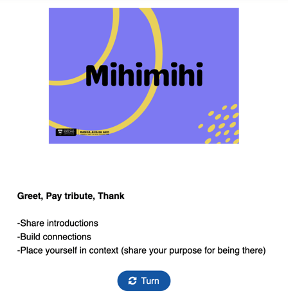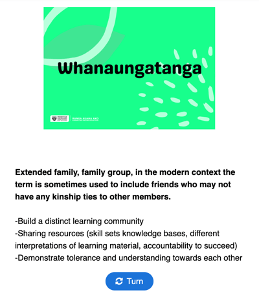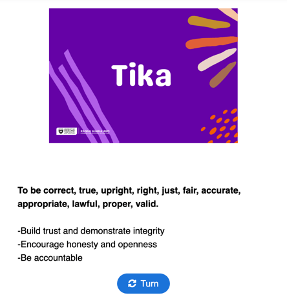Upskilling GTAs to enhance student experience
Mark Jeunnette (University of Auckland) co-designed a Graduate Teaching Assistant (GTA) training programme to upskill and engage the GTAs who deliver his Workshop Practice course (ENGGEN299). His goal for this programme was two-fold: enhance student experience and support the teaching skills of the GTAs.
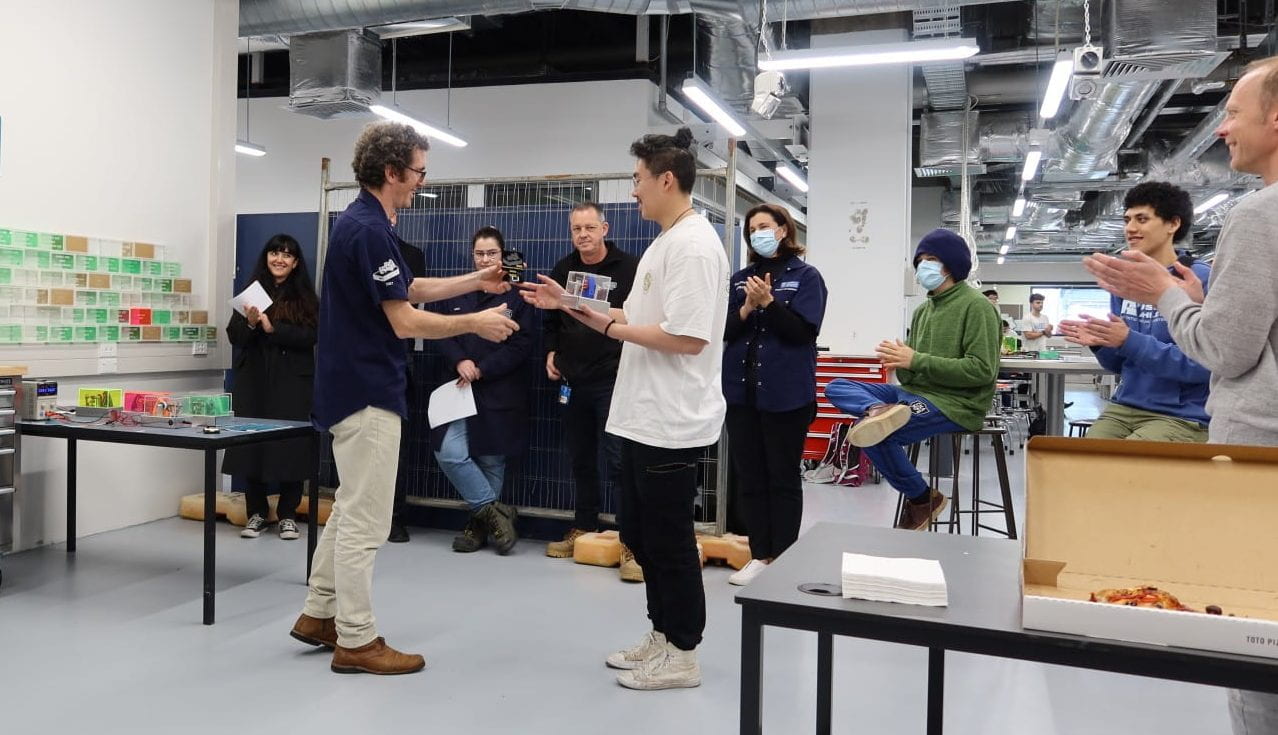
The Workshop Practice course, in the Faculty of Engineering, is a compulsory second-year paper that 1000+ students must pass in order to continue on in their chosen study. It is a pass or fail grading system. This hands-on practical paper exposes students to a range of technical tools for mechanical and electrical prototyping and to problem-solving on the fly. Throughout the course, students are guided by GTAs and there is a teaching technician on-hand. (Connection to GTAs. Connection to place. Connection to students.)
Creating a culture of learning
Mark recognised that to create a culture of learning and to maximise the students’ connection within the class, upskilling and investing in his GTAs’ capabilities as key members of the teaching team would be a wise investment of time and resources. This investment has resulted in GTAs who are more engaged and able to facilitate teaching and learning conversations with students successfully. This increase in relationality has seen positive results with the GTAs.
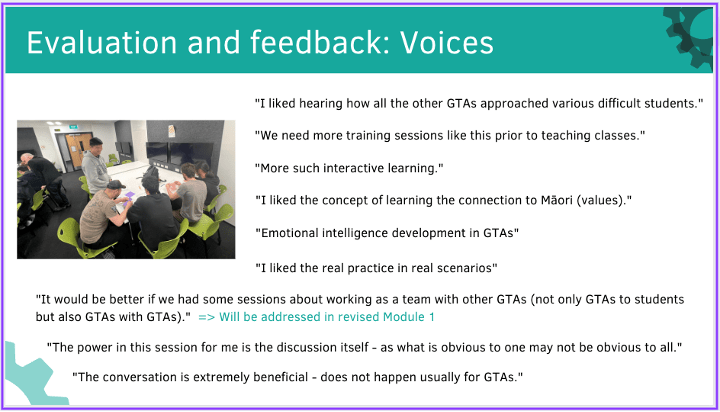
Evaluation and feedback: Voices “I liked hearing how all the other GTAs approached various difficult students.” “We need more training sessions like this prior to teaching classes.” “More such interactive learning.” “I like the real practice in real scenarios.” “It would be better if we had some sessions about working as a team with other GTAs (not only GTAs to students but also GTAs with GTAs).” (NOTE: Will be addressed in revised Module 1) “The power in this session for me is the discussion itself – as what is obvious to one may not be obvious to all.” “The conversation is extremely beneficial – does not happen usually for GTAs.”
Overview: GTA training programme
Each module was designed to build connection and relationality with students through teaching and learning conversations, as the GTAs work together and share experiences. (Connection to GTAs. Connection to place. Connection to students.)
The GTA training has four modules:
- Community building/ values/ connecting to the 299 course
- 1-on-1 GTA/student interactions
- GTAs with small groups of students
- Managing the whole class (in development)
Some examples from the modules
Module 1: Community building/ values/ connecting to the 299 course
This module is a single session and lasts for 90 minutes. GTAs are set up into small groups where they unpack the concepts with the intentions of sharing back (or teaching) the rest of their cohort. This immerses them in the learning as a student, but also allows them to think how this strategy can apply to them as they teach.
Framework for Module 1 facilitated session
Introduction and Icebreaker (30 minutes)
- Learning objectives
- To build a community within GTAs
- Introduce Māori values
- Help GTAs articulate value of 200 for them/ all students
- Clear statement about 299
- Value for students
- Culture we want to create in the shop/ class
- Icebreaker: GTA Values Continuum
- Introduce Māori values, with emphasis on Mihimihi and Whanaungatanga
- Handout Māori values cards, including the link to online activity
Experiential Session (45 minutes)
- Intro on reflection on modelling behaviours
- Share/ Think/ Pair/ Share
- GTAs share own experience learning hands-on skill
- Pair up to talk about connection to ENGGEN 299
- Share conclusions to connection to ENGGEN 299
- Support the GTAs talk about the value of the course/ connection to industry in their own words
Wrap-up (post-review) – do this in every session! (15 minutes)
- We tried to model the meta-behaviour during this session.
- Future sessions will run similarly, where facilitators model elements of teaching methodologies that we would like you to practise.
- What was the instructor trying to do? Did it work/ not work?
Notes for facilitator
- Sprinkling through reflections on meta-conversation
- More experienced GTAs
- As co-facilitators
- Plants to play designated roles
- Plants as observers/ to suggest improvements
Module 3: GTA in small groups
The pedagogies unpacked are:
- Group dynamics: Authority and the role of the teacher
- The power of discussion
- Feedback in the small group teaching setting
- Benefits of small group teaching: flexibility, interactive reflexivity, engagement
- What is tika when teaching small groups in a University setting in Aotearoa New Zealand?
Example from “What is tika when teaching small groups in a university setting in Aotearoa New Zealand?” by Robyn Manuel.
Pronunciation of the Māori concepts are available to learn the new kupu, as well as definitions, and examples of what this could look like in practice. These interactions have been designed using the affordances of H5P.
As GTAs interact with this learning, they are asked to consider if they already practice these concepts, and if they do not, to consider how they might authentically include them moving forward.
Mihimihi
Whanaungatanga

